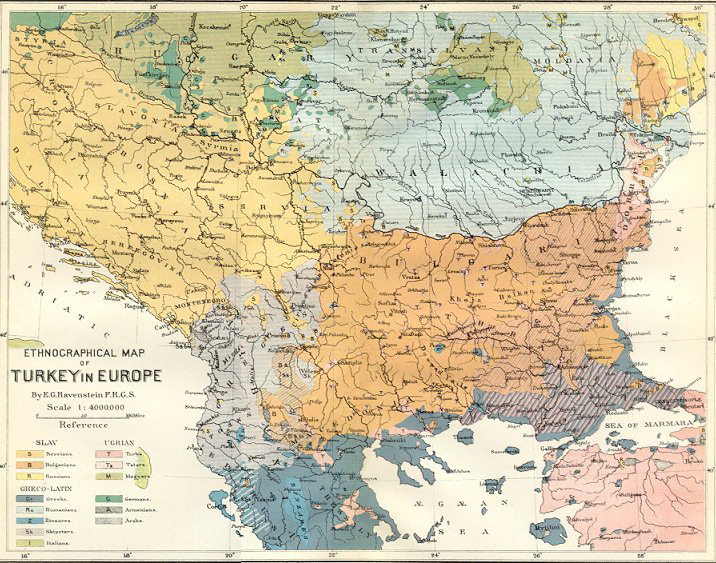 On September 2, 2013, the Hungarian–Japanese Joint Balkan Research Team had its workshop in the Institute of History in Budapest, within the framework of the project “The migration of peoples, ethnic groups and properties in East-Central-Europe and in the Balkans”.
On September 2, 2013, the Hungarian–Japanese Joint Balkan Research Team had its workshop in the Institute of History in Budapest, within the framework of the project “The migration of peoples, ethnic groups and properties in East-Central-Europe and in the Balkans”.
The Hungarian–Japanese Joint Balkan Research Team started its work with historians and geographers in 2010, with the support of the joint grant of the Hungarian Academy of Sciences and JSPS (Japan Society for the Promotion of Science). The cooperation has been realized with the participation of researchers from Nagoya City University, Hitotsubashi University, Japan Women’s University, Osaka Kyouiku University and the University of Tokyo from Japan, and researchers of the Institute of History of the Research Centre for the Humanities of the Hungarian Academy of Sciences (MTA BTK TTI) and the University of Pécs from Hungary. The Joint Balkan Research Team has presented the results of the research cooperation in several conferences in Japan (Nagoya, Osaka, Nagasaki) and in Hungary (Pécs), and published the lectures of the conferences in four volumes in Japanese, English and Hungarian languages. The cooperation in research and the exchange of experiences will continue in 2013/14 as well, due to the successful re-qualifying for the academic support.
The participants of the Budapest workshop presented their researches done in the topics of migration, its realization in different periods and territories. Yamamoto Akiyo, the leader of the Japanese delegation gave a lecture on Muslims in Japan, while a similar topic was presented by Norbert Papp (University of Pécs) on the situation of Muslims in Hungary. Momose Ryoji talked about the interpretation of the migration of the Serbs, and Dénes Sokcsevits (MTA BTK TTI) about the migration of the South Slavs into Hungary. Yamazaki Shinichi had a presentation about the national identity of the Croatians in Burgenland (Austria).


 The main topic of the afternoon session was the question of ethnic minorities and multi-ethnic societies in the Balkans. Máté Kitanics (University of Pécs) had a presentation about the mixed population of a Hungarian town, Baja in the 18th century. Akiyama Shingo dealt with the history of an extinct diaspora, the Bulgarians of Alvinc. Péter Reményi (University of Pécs) analysed the ethnic transition of Voivodina, and Makoto Kimura had a lecture on the forced migrations in Bulgaria, both in the 20th century. László Bíró (MTA BTK TTI) talked about the correlation of the internal migration and economic situation of the royal Yugoslavia. An enjoyable discussion followed the presentations, touching the present migration processes of Europe, too.
The main topic of the afternoon session was the question of ethnic minorities and multi-ethnic societies in the Balkans. Máté Kitanics (University of Pécs) had a presentation about the mixed population of a Hungarian town, Baja in the 18th century. Akiyama Shingo dealt with the history of an extinct diaspora, the Bulgarians of Alvinc. Péter Reményi (University of Pécs) analysed the ethnic transition of Voivodina, and Makoto Kimura had a lecture on the forced migrations in Bulgaria, both in the 20th century. László Bíró (MTA BTK TTI) talked about the correlation of the internal migration and economic situation of the royal Yugoslavia. An enjoyable discussion followed the presentations, touching the present migration processes of Europe, too.


